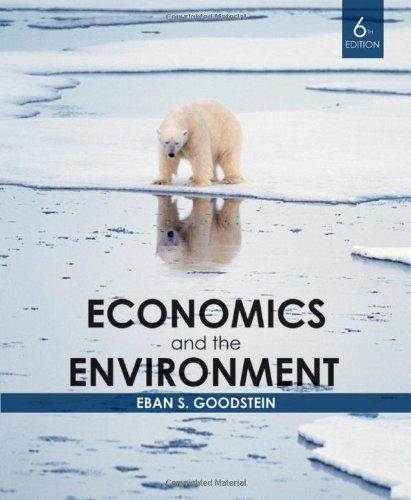One economic development paradox receiving recent research attention has been the dismal economic performance of many mineral-dependent
Question:
One economic development paradox receiving recent research attention has been the
‘‘dismal’’ economic performance of many mineral-dependent countries in the Third World. On average, they have fared very poorly: per capita GDP has actually fallen in three-quarters of the sample of 15 countries studied, and they have accumulated some of the highest relative debt levels in the world.
This poor performance is inmany ways surprising: In principle, economic rent from mineral production can be used for investment in other sectors of the economy, thus spurring economic growth. One author explains this apparent contradiction partially as a result of unproductive investment of the economic rent. ‘‘Rent lost through waste and needlessly high production costs contribute nothing to economic growth. The same holds true for rents spent on current consumption or rents captured and expatriated by foreign interests. Even those rents that are invested can retard economic growth if they are used unwisely’’ (23).14 1. If per capita GDP had risen in these mineral-dependent countries, would they necessarily have achieved ‘‘sustainable development’’? Why or why not?
2. Does the evidence presented suggest that countries are better off not developing their mineral wealth?
Step by Step Answer:







